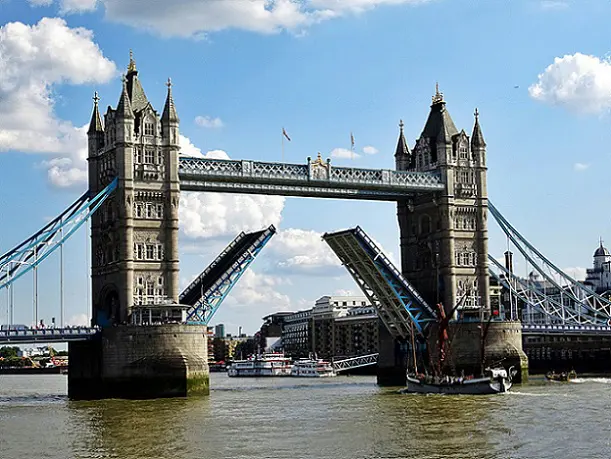
The Exodus of Wealth: UK’s Economic Crossroads
Returning from the UK, I was struck by a headline in a British news magazine, The Spectator, that read, “Rachel Reeves couldn’t be prouder of crippling the economy.” While provocative, the sentiment echoed conversations I have had with family and friends across England—conversations filled with concern, frustration, and a sense of decline. The UK, once a beacon of opportunity and global influence, now feels to many like a shadow of its former self.
Life for the average British family is undeniably tough. Property prices remain prohibitively high, interest rates have surged, and the cost of basic living—from groceries to utilities—continues to climb. Public infrastructure, particularly transportation, is unreliable and overburdened. The NHS, while still a cherished institution, is stretched thin, with long wait times and a shortage of medical professionals. These challenges have created a climate of economic and social strain that is difficult to ignore.
At the other end of the spectrum, those with the means to leave are doing so in unprecedented numbers. According to the Henley & Partners Private Wealth Migration Report, the UK is projected to lose 16,500 high-net-worth individuals (HNWIs) in 2025—more than any other country globally. This figure is more than double the expected outflow from China, which ranks second. The reasons are multifaceted: increased capital gains and inheritance taxes, economic uncertainty, and a growing perception that the UK no longer offers the stability or opportunity it once did.
The destinations attracting these departing millionaires are telling. The UAE leads with 9,800 projected HNWI inflows, followed by the USA, Switzerland, and Mediterranean countries like Italy, Portugal, and Greece. These nations offer favorable tax regimes, lifestyle appeal, and a sense of optimism that many feel is lacking in the UK.
Rachel Reeves, the current UK Chancellor of the Exchequer, has her hands full between the country’s mounting debt burden and ever-increasing demands from the welfare system, forcing the need to raise taxes. One of the most controversial catalysts for the millionaire exodus is the scrapping of the “non-dom” tax status. Previously, wealthy foreign nationals could reside in the UK while only paying tax on income remitted from abroad. This system encouraged spending, investment, and philanthropy within the UK. Its removal, intended to increase tax fairness, may instead reduce revenue as billionaires relocate. The impact is already visible: demand in London’s high-end property market has dropped by 20%, with price corrections of 10–15%.
The UK’s economic challenges are compounded by a welfare system that many believe is unsustainable. The law of unintended consequences looms large, as policies aimed at equity may inadvertently drive away the very individuals who contribute significantly to the economy.
Where this trajectory leads is uncertain. But regardless of political affiliation, the current climate raises pressing questions about the UK’s future. For all its flaws, I remain grateful that the United States is my home—a place where opportunity, while imperfect, still feels within reach.
Nick Hoffman
